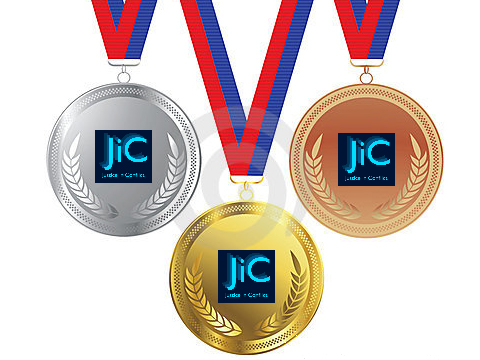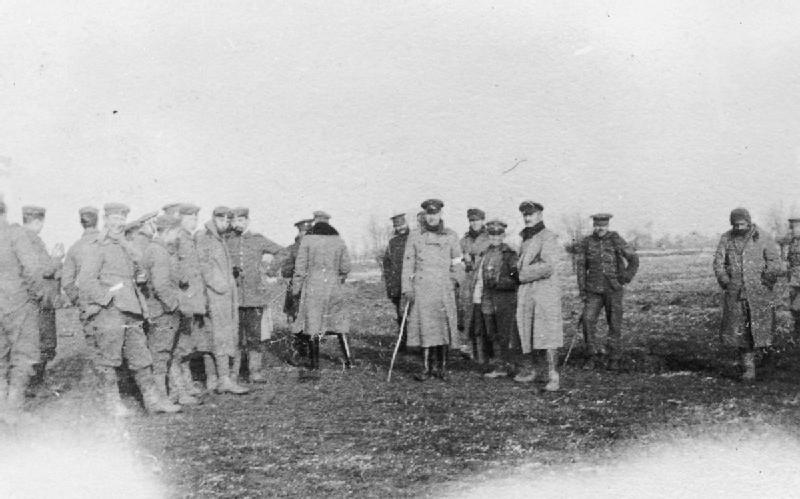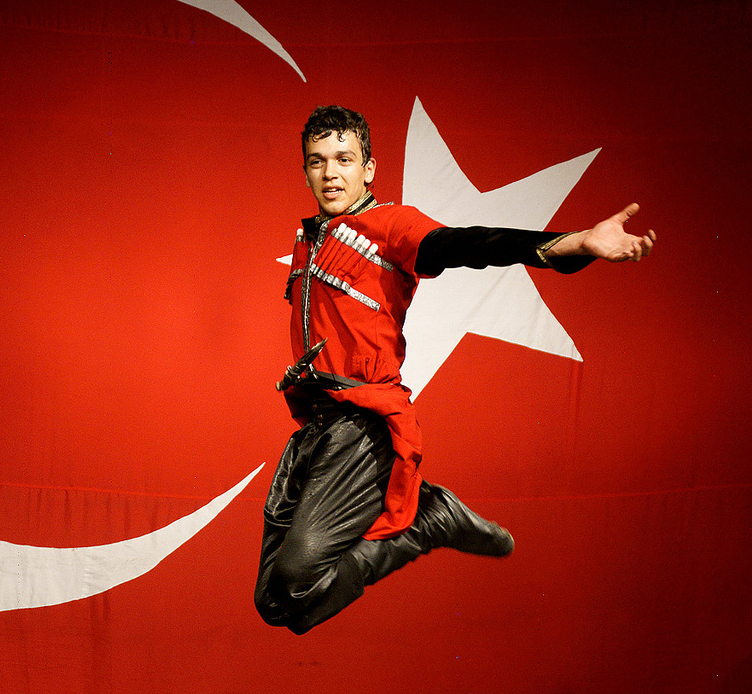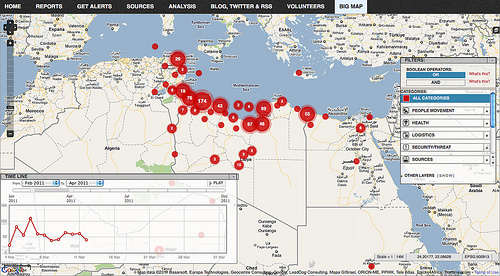
Over the course of the past few months, we have regularly featured posts from our friends at Justice in Conflict (JiC). Mark Kersten and Patrick Wegner, the authors of the blog, write about the competing conceptions and ideas of justice and the challenges of pursuing justice in conflict. Expectations and demands for international justice have risen dramatically since the end of the Cold War, but – perhaps with the exception of 1945-46 – there has never been the same level of interest and scrutiny to the work of international criminal justice as in 2011. As Mark writes, “We will almost surely still be talking about 2011 in 2031.”
To reflect these developments, JiC has inaugurated the ‘International Criminal Justice Awards.’ The 2011 awards, listed below, represent the best and the worst in international justice from the last year. You can read the full version of Mark’s blog article here.
Biggest Catch: It was a close call, but the prize for the biggest catch in international criminal justice in 2011 goes to Laurent Gbagbo, narrowly edging out Ratko Mladic. Gbagbo is the first former head of state to be in the custody of the ICC, marking a significant political coup for the Court and (hopefully) justice in Ivory Coast. Quite simply, in terms of victories for international criminal justice, Gbagbo is a head (of state) above the rest.




